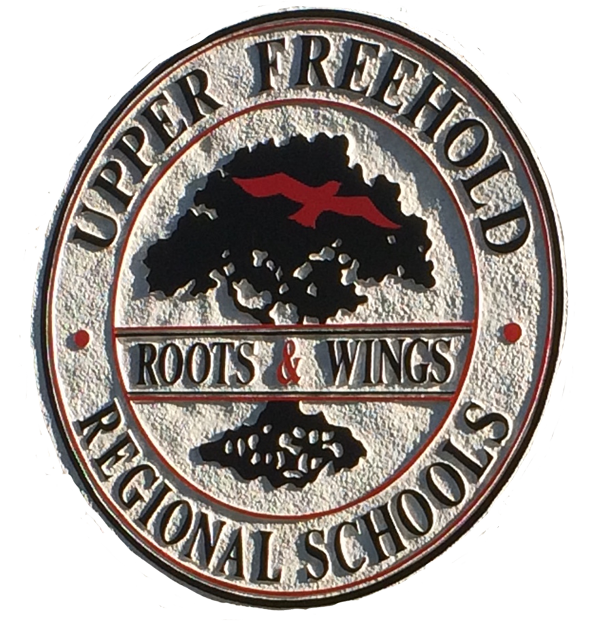The total cost of the combined projects will not exceed $9,959,815, according to information provided by the school district.
In a recent appearance before the Allentown Borough Council, Patricia Hogan, president of the Board of Education, said, “A lot of thought has gone into this referendum. We have a long-range plan.”
According to a handout prepared by the school district, if the referendum is approved, the owner of a home that is assessed at the Allentown average of $289,483 will pay an additional $102.96 per year in school taxes for 20 years.
The owner of a home that is assessed at the Upper Freehold Township average of $464,500 will pay an additional $157.44 per year in school taxes for 20 years, according to the handout.
District administrators said state funding of up to 40 percent is approved to assist the district with project costs. A solar project that is part of the referendum is estimated to save the district $114,000 per year in energy costs and generate $139,000 per year in Solar Renewable Energy Credits (SRECs), according to the handout.
Addressing several specific aspects of the referendum, Hogan said, “We listened to feedback, including concerns about the solar component. The board considered the comments of the public and decided to commit to using the proceeds from the sale of SRECs to net the solar component cost to zero, based on the current energy generation numbers coming from the panels at our middle school. A conservative estimate of potential revenue is $130,000 per year.
“The highest ticket item on the referendum is the roofing component. Every roof on the High Street campus will be replaced or repaired with 25-year warranties attached to the work.
“The high school auditorium renovation covers $900,000 in infrastructure repairs that must be done and approximately $700,000 in improvements to the acoustics and structure that will enable the district to open up the auditorium for revenue opportunities,” Hogan said.
District administrators said, “the systems that are proposed to be replaced are at the end of their lives and are essential to the operation of the school” and they noted that current borrowing rates are at a historic low.
The referendum proposes the following work:
• Newell Elementary School, roof replacement, $2,082,600
• Allentown High School, roof replacement, $3,231,800
• Global Learning Center and Vo/Ag building, roof project, $540,800
• Control joint replacement for all roofing projects: $10,400
• Newell Elementary School, solar project, $806,000. The project will install roof mounted solar panels.
• Allentown High School, solar project, $1,289,600. The project will install roof mounted solar panels.
• Global Learning Center, solar project, $145,080. The project will install roof mounted solar panels.
Administrators said the solar panels will reduce electric costs, extend roof life and enhance curriculum, among other benefits.
• Allentown High School, auditorium renovations to include a new stage floor and new lighting and sound systems, $1,650,410
Administrators said the stage floor needs repairs; the theatrical lighting and controls malfunction and because of that specialty lighting has to be rented; and the sound system is original to the 1964 building. As part of the work, original finishes and house lighting will be replaced for an improved audience experience and better acoustics.
• Newell Elementary School, installation of a new emergency generator, $203,125
Administrators said the generator will provide emergency lighting in corridors and restrooms during extended outages; provide lighting in stairwells; and provide power to the elevator.
In a summary of the referendum, board member Patrick Nolan said, “We hope (residents) understand we do not ever seek to spend taxpayer dollars frivolously.
“We understand that at moments where taxpayers are asked to pay more, there is a natural reaction to assume the money can otherwise be obtained through the budgeting process, by further ‘tightening our belts and making hard decisions.’ We hope (residents will) consider that we, in fact, already do this every year.
“For every community member who is concerned with further spending, there is another community member concerned with class sizes reaching untenable limits.
“We are all taxpayers, too. We understand the challenges of our community members whom we speak with at neighborhood functions, the bagel shop, the ball fields or walking through town.
“The process we go through to spend money for the school district is never easy and it is wrought with challenges. However, it does not deter us from being good stewards of our friends’ and neighbors’ tax dollars,” Nolan said.

